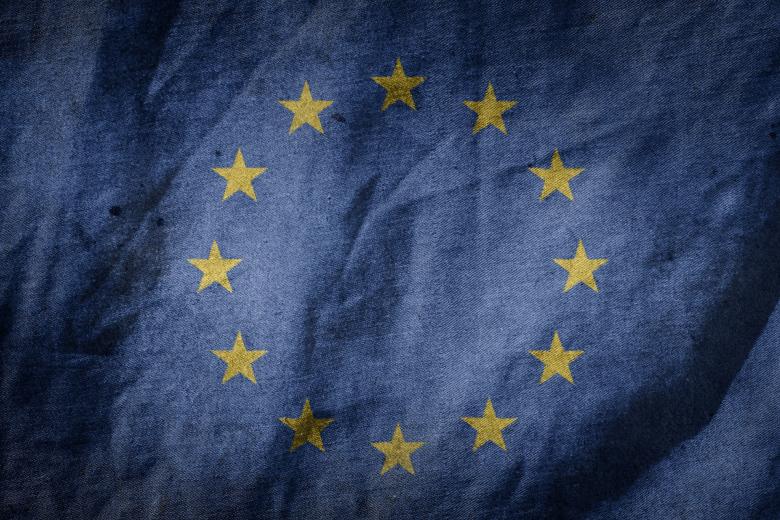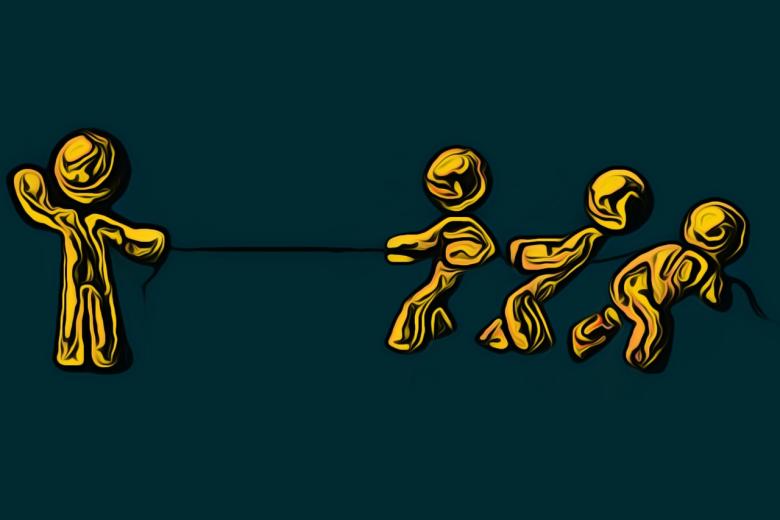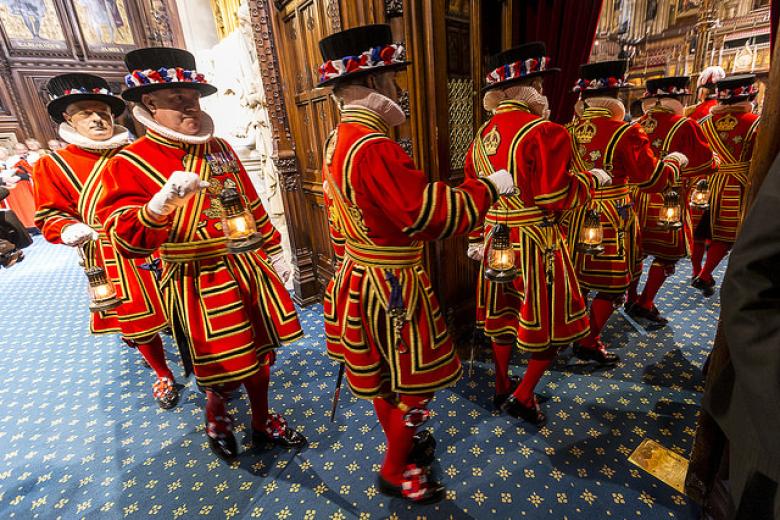Tort law is needed to regulate intellectual property in e-commerce
Current US and EU secondary liability standards do not address all factors to trigger liability. This influences legislation and case law, setting an uncertain secondary liability outcome of IP infringement cases against Internet Intermediaries’. I suggest that tort law can tackle this problem.






